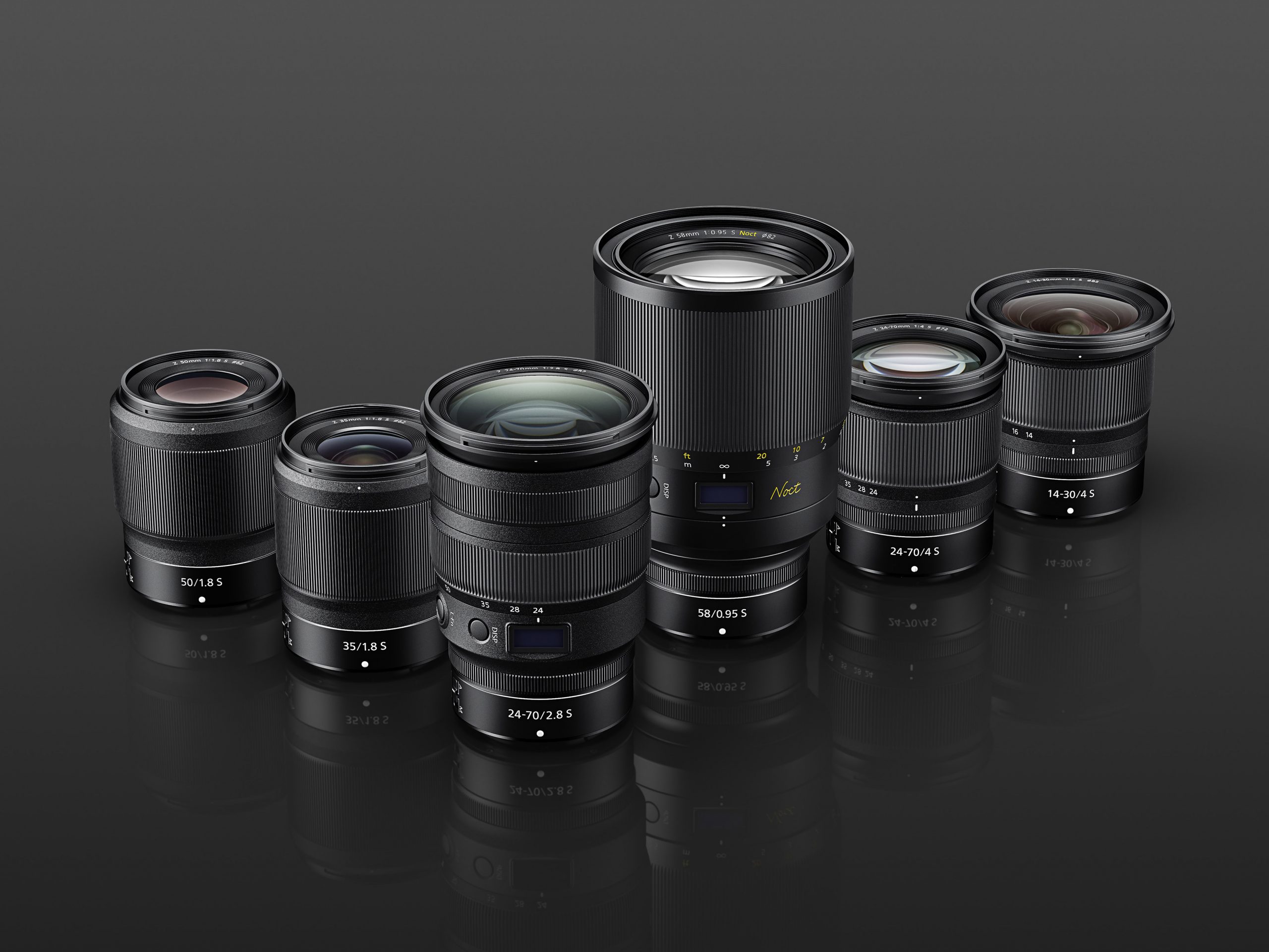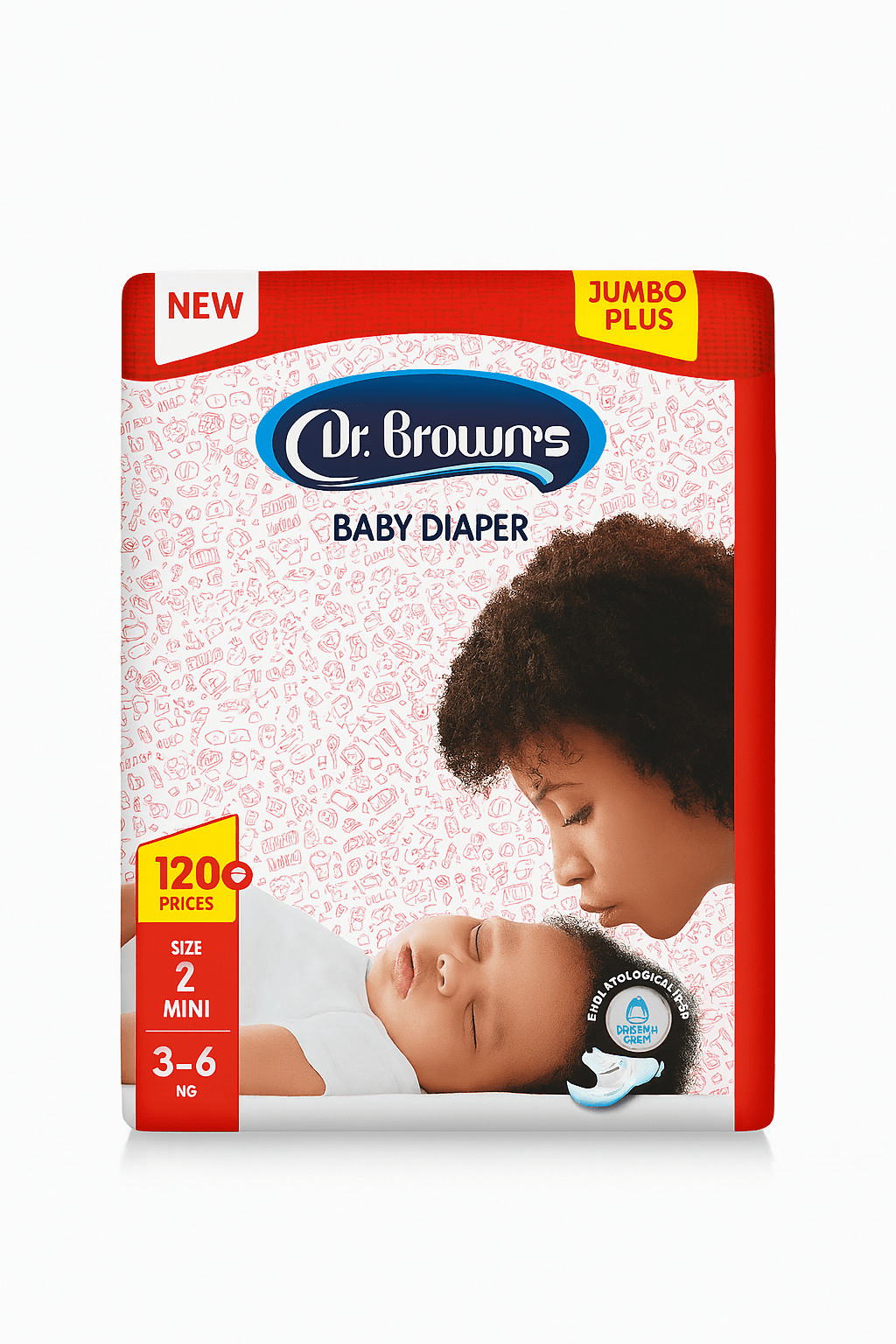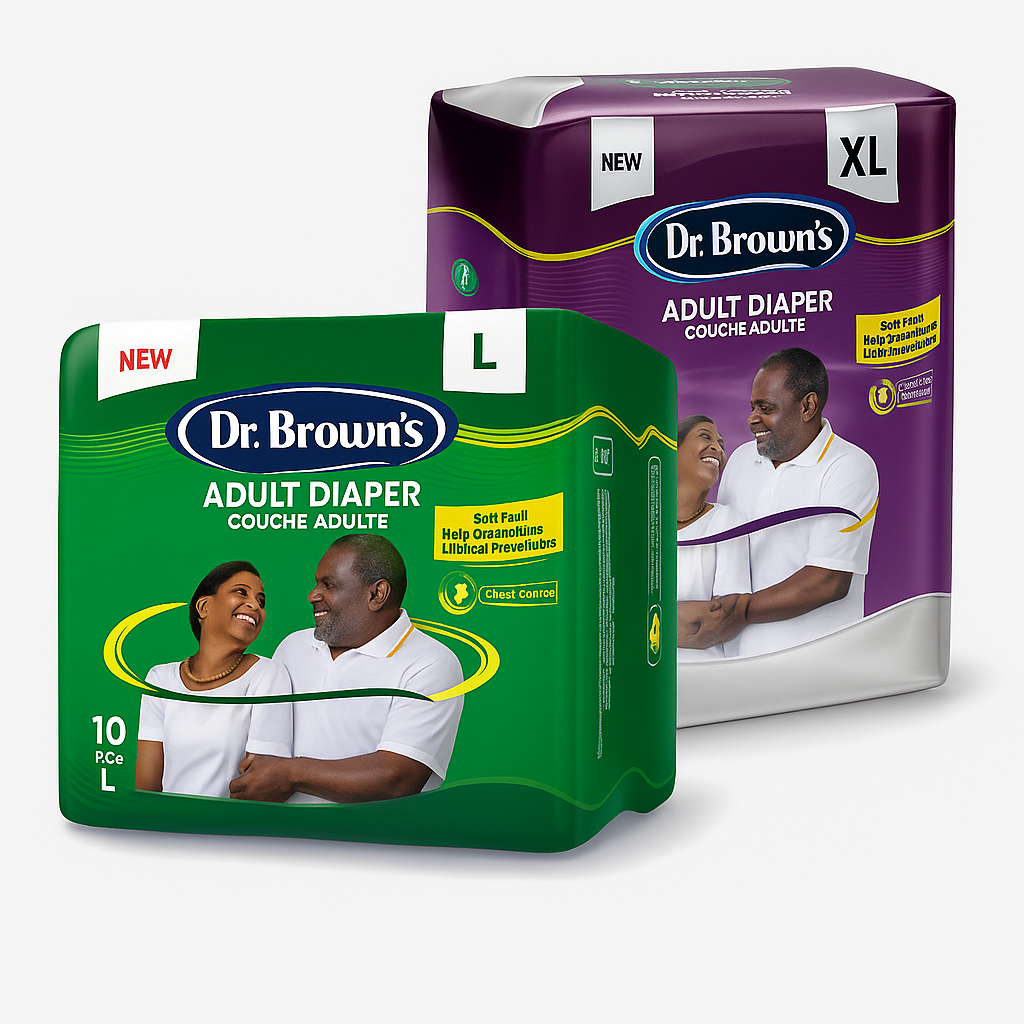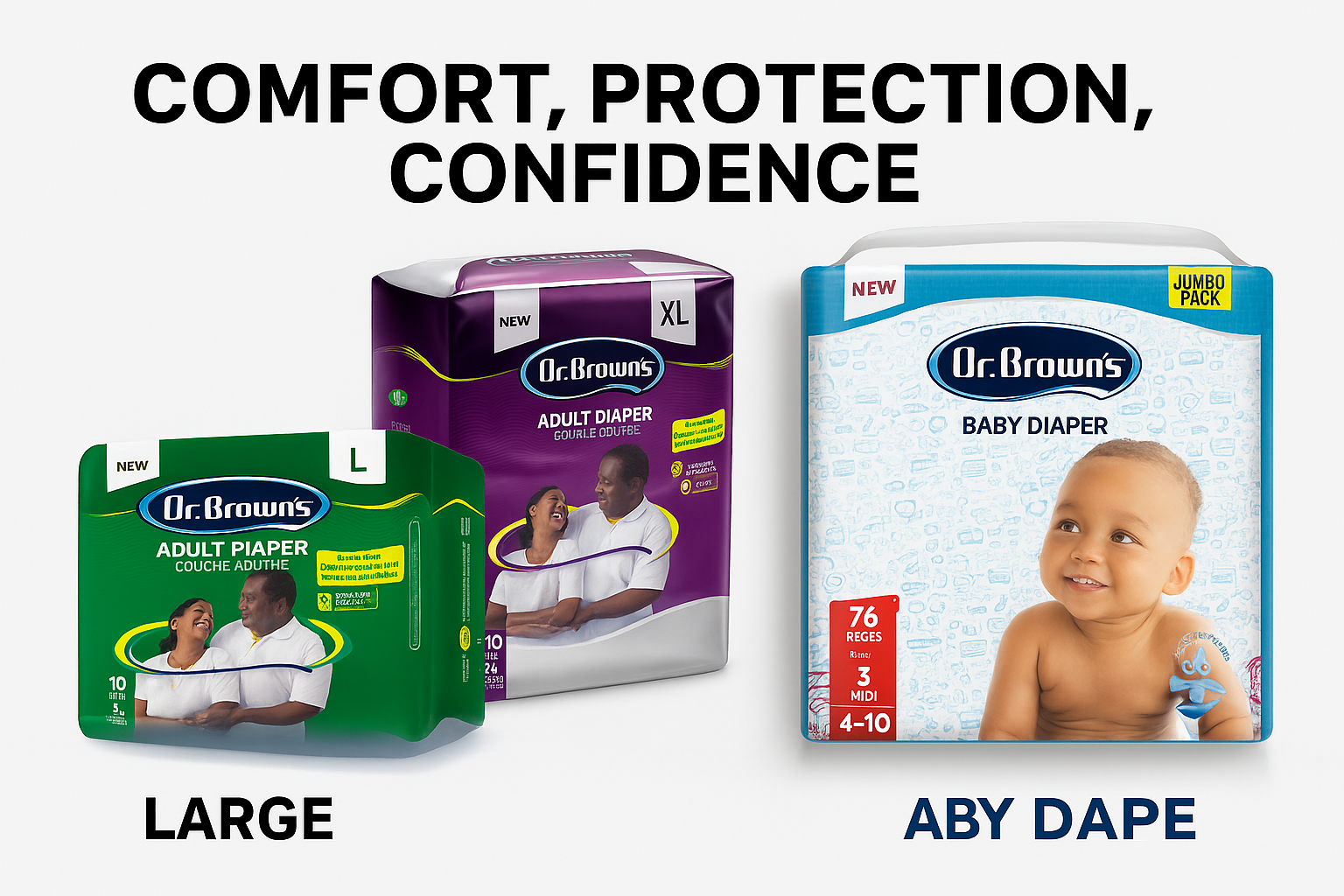How to Choose the Right Camera Lens for Your Photography Needs in Nigeria
How to Choose the Right Camera Lens for Your Photography Needs in Nigeria
Whether you’re a professional photographer or an amateur just starting out, choosing the right camera lens for your photography needs in Nigeria can be a daunting task. With the myriad of lenses available, it’s important to know what types of lenses are available and the best lenses for your individual needs. Different types of lenses have different uses, so it’s important to consider what type of photography you’ll be doing most often. Lenses vary in cost, quality, and size, so knowing your budget and how much space you have to store your lenses is also important. Whether you’re looking for a wide-angle lens to capture stunning landscapes or a macro lens to capture close-up shots of wildlife, this guide will help you choose the right camera lens for your photography needs in Nigeria.
Types of Camera Lenses
There are several types of camera lenses available, each with its own set of advantages. Choosing the right one for your photography needs in Nigeria will depend on factors such as what type of photography you’ll be doing most often, your budget, and the space you have to store your lenses. Wide-angle lenses – Wide-angle lenses are great for landscape photography, as they allow you to capture much more of a scene than standard lenses. This can help you create more interesting landscape shots by including more of your surroundings in the shot. Wide-angle lenses are also great for indoor photography, as the wider field of view means you’ll have a lower f-stop setting, which is helpful for taking pictures with low lighting. Although they’re useful for many situations, wide-angle lenses are generally not ideal for capturing portraits or specific details. Telephoto lenses – Telephoto lenses are ideal for portraiture photography and wildlife/nature photography. They’re also great for sports photography as they allow you to zoom in and get close-up shots of the action from a distance. Because of their long focal length and large aperture, telephoto lenses allow you to capture subjects at a distance with a sharp focus. They’re not ideal, however, if you want to capture a wide scene or a landscape shot. Macro lenses – Macro lenses are ideal for extreme close-up photography, such as shots of insects, flowers, and other small subjects. They’re great for capturing specific details and can allow you to take pictures that you might not have been able to take otherwise. Macro lenses are not good for other types of photography, however, as they’re designed for extreme close-up shots only.
What to Consider When Choosing a Lens
When selecting the right camera lens for your photography needs in Nigeria, it’s important to consider several factors, including the focal length, aperture, and image quality. Focal length – The focal length of a lens determines how wide or narrow the shot will be, as well as how much of your surrounding environment will be in the shot. Shorter focal lengths allow you to take wide-angle shots, while longer focal lengths allow you to take telephoto shots that bring the subject closer. Aperture – The aperture of a lens determines how much light the lens lets in, which affects the sharpness, brightness, and depth of field of a photo. A lens with a lower f-stop setting, such as f/2.8, will let more light into the lens than a lens with a higher f-stop, such as f/8. Large focal lengths generally have smaller apertures, as they require less light to take a good shot. A lens with a wide aperture is ideal for low-light situations, such as indoors. Image quality – While all lenses will produce a good image, the lens itself plays a major role in determining the overall quality of a photo. Lenses made from high-quality materials, like durable metals, will last longer and require less maintenance than cheaper materials, like plastic.
Wide-Angle Lenses
Wide-angle lenses are ideal for landscape photography as they allow you to capture much more of a scene than standard lenses. Wide-angle lenses are also great for indoor photography, as the wider field of view means you’ll have a lower f-stop setting, which is helpful for taking pictures with low lighting. Wide-angle lenses are generally not ideal for capturing portraits or specific details, so they’re best for landscape and indoor photography. Wide-angle lenses are generally cheaper than other lenses, making them a great option for photographers with a smaller budget. Wide-angle lenses generally have a wider focal length than standard lenses, ranging anywhere from about 16-35mm. The wider the focal length, the wider the shot will be. Wide-angle lenses have a smaller f-stop, meaning they’re better for taking low-light photos.
Telephoto Lenses
Telephoto lenses are ideal for portraiture photography and wildlife/nature photography. They’re also great for sports photography as they allow you to zoom in and get close-up shots of the action from a distance. Because of their long focal length and large aperture, telephoto lenses allow you to capture subjects at a distance with a sharp focus. They’re not ideal, however, if you want to capture a wide scene or a landscape shot. Telephoto lenses generally have a longer focal length than standard lenses, ranging anywhere from 100-300mm. The longer the focal length, the narrower the shot will be. Telephoto lenses have a larger aperture than standard lenses, meaning they’re better for taking photos in low light. They’re also generally larger and more expensive than standard lenses, making them ideal for photographers who have the space to store larger lenses.
Macro Lenses
Macro lenses are ideal for extreme close-up photography, such as shots of insects, flowers, and other small subjects. They’re great for capturing specific details and can allow you to take pictures that you might not have been able to take otherwise. Macro lenses are not good for other types of photography, however, as they’re designed for extreme close-up shots only. Macro lenses generally have a shorter focal length than standard lenses, ranging anywhere from 15-35mm. The shorter the focal length, the closer you can get to your subject. Macro lenses generally have a wider aperture than standard lenses, allowing you to take photos in low light with a sharper focus. They’re generally more expensive than standard lenses, but are a good investment for photographers who often take close-up photos.
Portrait Lenses
Portrait lenses are ideal for taking close-up shots of people and are often the best choice for portrait photography. Portrait lenses generally have a longer focal length than standard lenses, ranging anywhere from 85-200mm. The longer the focal length, the narrower the shot will be, making them ideal for tightly cropped portraits. They’re also great for taking close-up shots of small details, such as flowers or insects, without getting too close. Portrait lenses generally have a wider aperture than standard lenses, allowing you to take photos in low light with a sharper focus. They’re generally more expensive than standard lenses, making them ideal for professional photographers who shoot a lot of portraits.
Fish-Eye Lenses
Fish-eye lenses produce a “fish-eye” effect, producing dramatic images with a curved appearance. They’re great for creative photography and are often ideal for architectural photography, as they help to capture a wider shot of the surrounding environment. Fish-eye lenses generally have a long focal length and a wide aperture, making them ideal for low-light photography. They’re not ideal for portrait photography, however, as the curved image makes people look somewhat distorted. Fish-eye lenses are generally more expensive than standard lenses, making them ideal for photographers with a larger budget.
Budget Considerations
Perhaps more than any other type of photography, choosing the right camera lens for your photography needs in Nigeria can be a bit of a financial gamble. While some lenses are designed for specific types of photography and are built to last for years, others are lower quality and may break after a few uses. Choosing a more expensive lens may cost more upfront, but will likely last longer and produce better photos than a cheaper lens. It’s also important to consider how often you’ll be using your lenses. If you plan to shoot with a wide variety of lenses often, you’ll want to invest in higher-quality lenses that will last longer. If you’re only planning to use a few lenses occasionally, you can get away with cheaper, less durable lenses.







LEAVE A COMMENT
You must be logged in to post a comment.